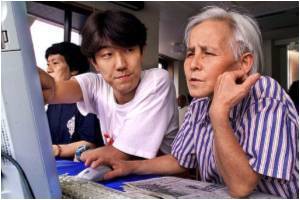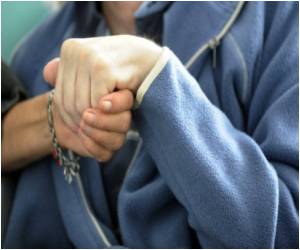A new study suggests that the position of grandparents in the British class system has a direct effect on which class their grandchildren belong to.

However, this study by researchers from the University of Oxford and Durham University shows that even when the influence of parents has been taken into account, the odds of grandchildren going into professional or managerial occupations rather than unskilled manual occupations are at least two and a half times better if their grandparents were themselves in professional-managerial positions rather than unskilled manual occupations.
This latest research finds that the social advantages and disadvantages that are transmitted across generations are a lot more durable and persistent than previously thought.
It establishes a statistically significant association between grandparents' and grandchildren's class positions, even after the parents' education, income, and wealth (such as whether they are home-owners) are taken into account.
The researchers analyzed data collected in three nationally representative surveys of over 17,000 Britons born in 1946, 1958, and 1970 respectively.
For the studies, cohort members were asked to reveal their occupation as well as the occupation of their father and grandfather.
Advertisement
But among men with long-range upwardly mobile parents (i.e., grandparents in unskilled manual occupations and parents in professional-managerial occupations), only 61 percent managed to stay there.
Advertisement
Where grandparents were from a high social class and the parents experienced downward social mobility, the "grandparents effect" appeared stronger, pushing the grandchild back up the social ladder.
The study says in such cases there was "a higher level of counter mobility" as though grandparents' class background is correcting the "mobility mistake" made by the parents.
The study is published in the American Sociological Review.
Source-ANI








